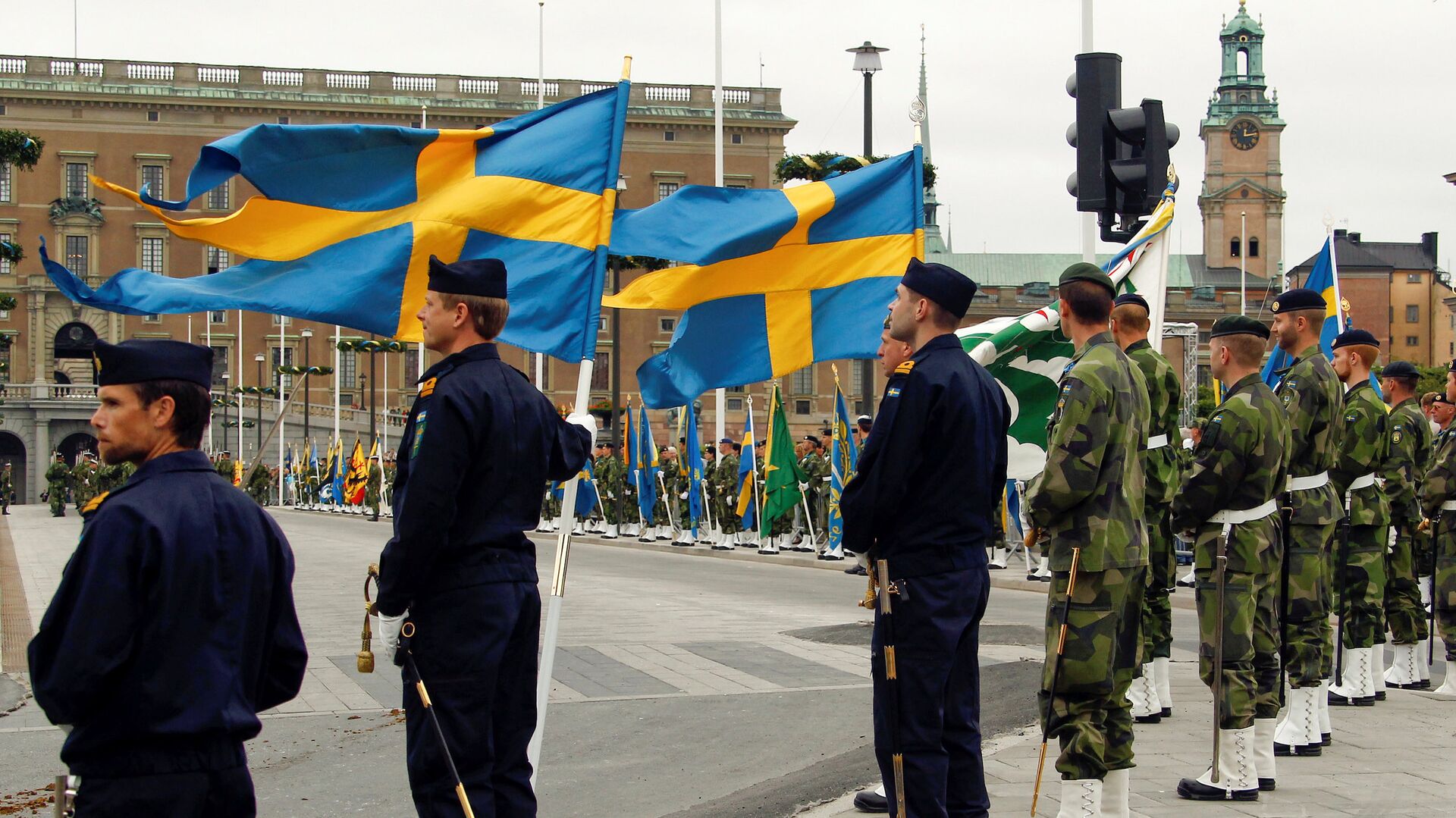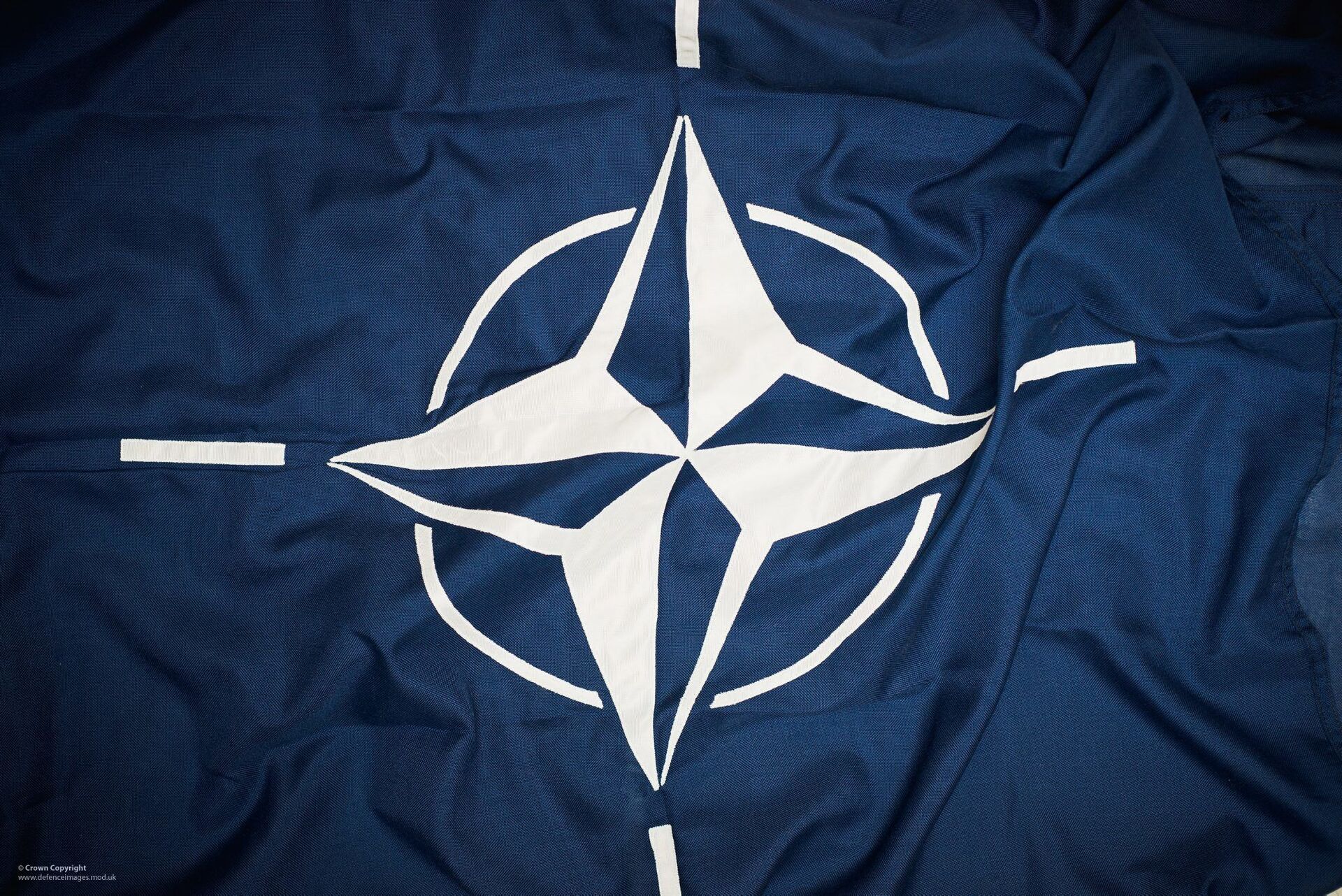https://sputnikglobe.com/20220514/russia-has-no-hostile-intentions-toward-finland-and-sweden-deputy-foreign-minister-grushko-says-1095509534.html
Russia Has No Hostile Intentions Toward Finland and Sweden, Deputy Foreign Minister Grushko Says
Russia Has No Hostile Intentions Toward Finland and Sweden, Deputy Foreign Minister Grushko Says
Sputnik International
Russia Has No Hostile Intentions Toward Finland and Sweden, Deputy Foreign Minister Grushko Says
2022-05-14T11:33+0000
2022-05-14T11:33+0000
2022-05-14T11:33+0000
russia
alexander grushko
nato
sweden
finland
https://cdn1.img.sputnikglobe.com/img/105122/50/1051225087_0:0:2832:1592_1920x0_80_0_0_3e38b8e907233c47c47c2d521513b6f6.jpg
The deputy minister admitted that Moscow has some questions regarding the future of the non-nuclear status of Finland and Sweden, as by joining NATO, they will effectively abandon it.Grushko stated that if Finland and Sweden join NATO, Russia will have to respond to this shift in the security landscape, but "this decision will not be emotional, it will be a careful and accurate analysis of all factors that affect the security situation in this region".The deputy foreign minister also noted that the decision to ascend to NATO does not meet the national interests of either Sweden or Finland and is not conducive to sustainable European security architecture. Instead, this move will effectively lead to "militarisation of the North that, until recently, was the most militarily stable region in Europe, which favored cooperation over competition in the military sphere".The deputy minister also noted that Russia sees no valid reasons that could explain Finland’s ambition to ascend to NATO.Grushko noted that NATO made commitments under the Founding Act not to change its nuclear policy, and so far the alliance abides by this principle, but there are concerns that the situation may change. The diplomat stressed that these claims are made by high-ranking officials, such as NATO Secretary-General Jens Stoltenberg, who recently said that nuclear weapons may be deployed closer to Russian borders and Polish authorities who echoed Stoltenberg and expressed their readiness to host these arms.When asked if Russia could possibly deploy its nuclear capabilities in the Baltic, the diplomat said that it is "too early to talk about this issue."
sweden
finland
Sputnik International
feedback@sputniknews.com
+74956456601
MIA „Rosiya Segodnya“
2022
Sputnik International
feedback@sputniknews.com
+74956456601
MIA „Rosiya Segodnya“
News
en_EN
Sputnik International
feedback@sputniknews.com
+74956456601
MIA „Rosiya Segodnya“
Sputnik International
feedback@sputniknews.com
+74956456601
MIA „Rosiya Segodnya“
russia has no hostile intentions toward finland and sweden, deputy foreign minister grushko says
russia has no hostile intentions toward finland and sweden, deputy foreign minister grushko says
Russia Has No Hostile Intentions Toward Finland and Sweden, Deputy Foreign Minister Grushko Says
LESNYE DALI, Moscow region (Sputnik) - Russia harbors no hostile intentions against Finland or Sweden, Russian Deputy Foreign Minister Alexander Grushko said on Saturday.
"All this fits into the all-too-common 'search for an enemy', which entails, in practical political [and] military sense, a demonisation of Russia, assigning to [Russia] hostile intentions against some countries, while Russia absolutely cannot be suspected of such intentions" the diplomat said.
The deputy minister admitted that Moscow has some questions regarding the future of the non-nuclear status of Finland and Sweden, as by joining NATO, they will effectively abandon it.
"It is well known that Finland and Sweden were among those states that most actively advocated the prohibition and total destruction of the world's nuclear weapons. But the alliance has declared itself nuclear, saying it will remain nuclear as long as there are nuclear weapons in the world. These countries will participate in the NATO Nuclear Planning Group," Grushko told reporters.
Grushko stated that if
Finland and Sweden join NATO, Russia will have to respond to this shift in the security landscape, but "this decision will not be emotional, it will be a careful and accurate analysis of all factors that affect the security situation in this region".
The deputy foreign minister also noted that the decision to ascend to NATO
does not meet the national interests of either Sweden or Finland and is not conducive to sustainable European security architecture. Instead, this move will effectively lead to "militarisation of the North that, until recently, was the most militarily stable region in Europe, which favored cooperation over competition in the military sphere".
"We see that the so-called frontline states that have recently joined the alliance are the ones that are pursuing the most aggressive political course against Russia. And they are the ones who demand that the border with Russia became the border of military confrontation by pumping in contingents, weapons, stockpiles and so on," Grushko said.
The deputy minister also noted that Russia sees no valid reasons that could explain Finland’s ambition to
ascend to NATO."We do not see any real reasons that could motivate Finland to make such a serious strategic U-turn in the field of politics, security and defence. But we have to consider that there can be very different scenarios, including negative ones," the diplomat told reporters.
Grushko noted that
NATO made commitments under the Founding Act not to change its nuclear policy, and so far the alliance abides by this principle, but there are concerns that the situation may change. The diplomat stressed that these claims are made by high-ranking officials, such as NATO Secretary-General Jens Stoltenberg, who recently said that nuclear weapons may be deployed closer to Russian borders and Polish authorities who echoed Stoltenberg and expressed their readiness to host these arms.
"If these statements are translated into some practical actions, which could be not only the physical relocation of US nuclear weapons on the territory of these countries, but building the infrastructure necessary to use nuclear weapons, and again, given these joint nuclear missions, which are carried out by non-nuclear weapon states in violation of the Nuclear Non-Proliferation Treaty, it will of course be necessary to respond with appropriate measures of precaution that would ensure the effectiveness of [Russian] nuclear deterrence".
When asked if Russia could possibly deploy its nuclear capabilities in the Baltic, the diplomat said that it is "too early to talk about this issue."





